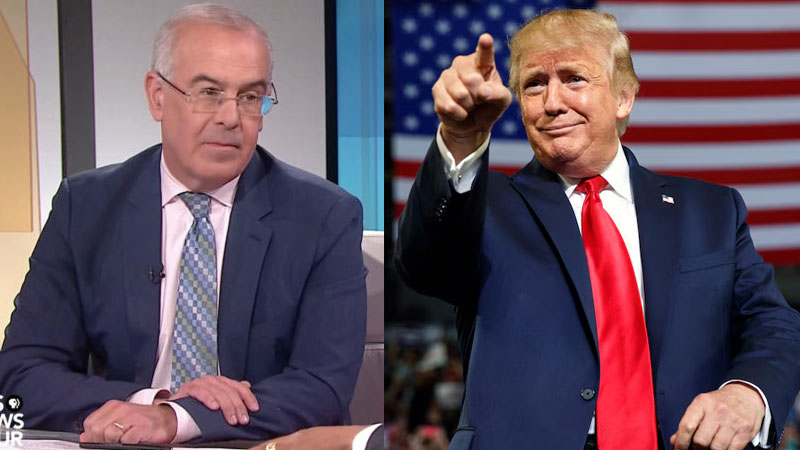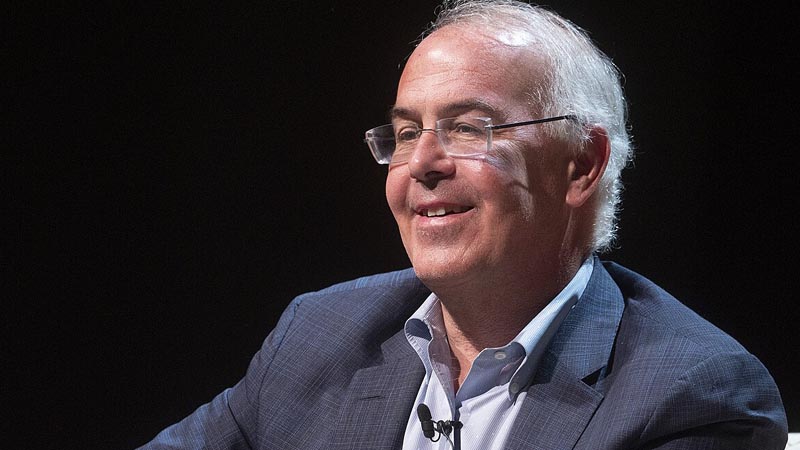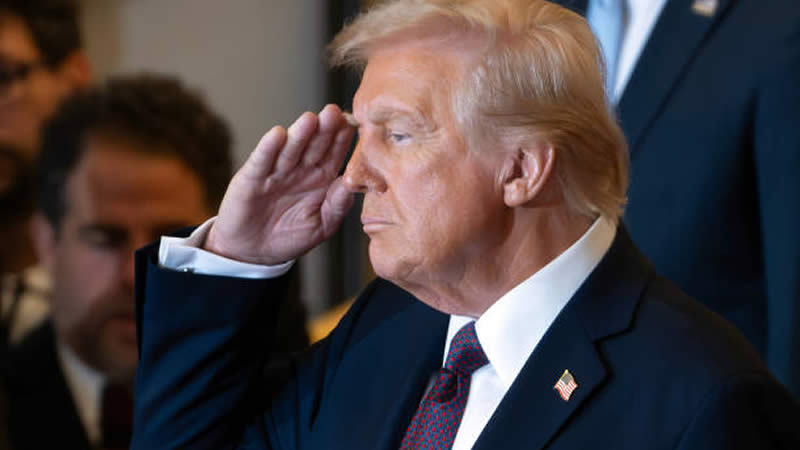David Brooks Warns Trump’s 19th-Century Populism Risks Undermining Modern Governance

(YouTube- PBS NewsHour-AP Photo/Carolyn Kaster, File)
President Donald Trump is pushing a version of populism rooted in a bygone era of American history, one that conservative analyst David Brooks argues will ultimately doom his presidency. Writing in The New York Times, Brooks contends that Trump’s vision of greatness is anchored in the latter half of the 19th century, a period he finds deeply appealing but fundamentally flawed for governance.
“Over the past few months, and especially in his second Inaugural Address, Trump has gone all 19th century on us,” Brooks wrote. “He seems to find in this period everything he likes: tariffs, Manifest Destiny, seizing land from weaker nations, mercantilism, railroads, manufacturing, and populism. Many presidents mention George Washington or Abraham Lincoln in their inaugurals. Who was the immortal Trump cited? William McKinley.”
Brooks argues that Trump’s admiration for this era reflects a desire to return to a time of frontier spirit and rugged individualism. “‘The spirit of the frontier is written into our hearts,’ he declared in his address,” Brooks noted.
While acknowledging the appeal of this nostalgia, Brooks cautions that the populism of the 19th century led to significant governance challenges. “Between 1825 and 1901 we had 20 presidencies,” he wrote. “We had a bunch of one-term presidents; voters kept throwing the incumbents out because they were not happy with the way government was performing.”

The era was marked by economic instability, including frequent recessions and depressions, which exposed the shortcomings of minimal government oversight. Brooks highlights that America’s eventual recovery and stability came through the creation of regulatory institutions like the Food and Drug Administration, the Federal Trade Commission, and the Federal Reserve in the 20th century.
Brooks concludes that while Trump has correctly identified several critical issues — inflation, border control, and cultural divides — his approach to solving them is deeply flawed. “If I were heading up the Democratic Party right now, I would tell the American people that Donald Trump is right about a lot of things. He’s accurately identified problems…
But when it comes to building structures to address those problems — well, the man is just hapless and incompetent.” Brooks’ analysis underscores the risks of leaning too heavily on nostalgia for a problematic past, warning that Trump’s 19th-century populism may resonate with voters but fails to provide the solutions needed for modern governance.


